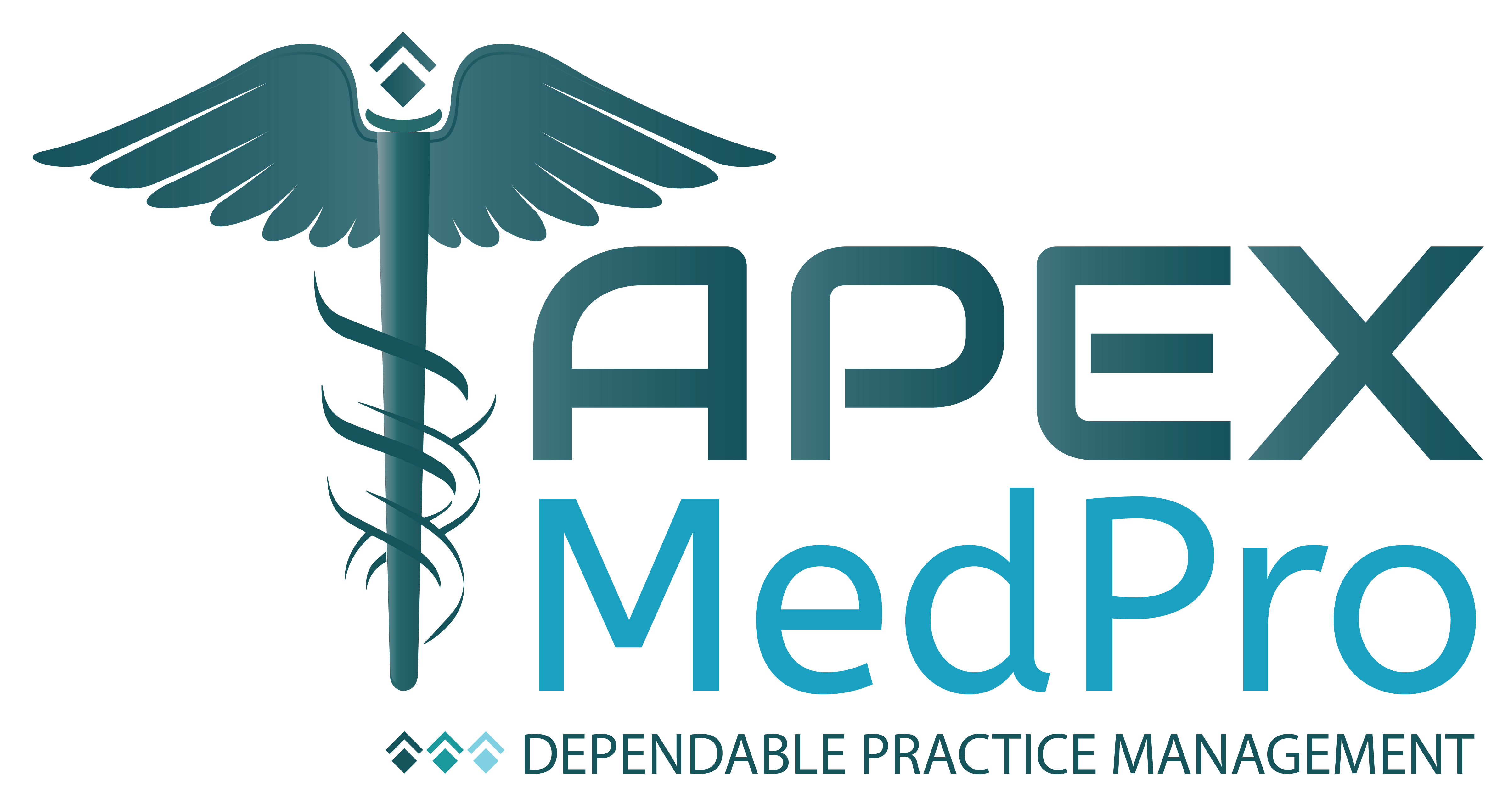Introduction
Efficient medical billing is crucial for healthcare providers to ensure timely and accurate reimbursements. With the complexities of insurance policies, coding requirements, and changing regulations, optimizing medical billing reimbursements has become increasingly important. This blog post aims to provide a comprehensive guide on how healthcare providers can optimize their medical billing processes to maximize reimbursements.
Verify Patient Insurance Coverage
One of the initial steps in optimizing medical billing reimbursements is to verify patient insurance coverage before providing services. Accurate and up-to-date insurance information ensures that claims are submitted to the correct payers, minimizing claim denials and delays. Implementing a robust eligibility verification process can significantly improve the accuracy of billing and reimbursement.
Ensure Proper Documentation
Thorough and accurate documentation is vital for successful medical billing reimbursements. Healthcare providers should document all patient encounters, including diagnoses, procedures, and treatment plans, in a clear and concise manner. This documentation should comply with the specific requirements of various payers, such as using appropriate medical codes (e.g., ICD-10, CPT) and documenting medical necessity.
Optimize Coding Practices
Proper coding is essential for maximizing reimbursements. Healthcare providers should stay up-to-date with the latest coding guidelines and ensure that their coding practices are accurate and compliant. Regular coding audits and training can help identify and rectify any coding errors or inconsistencies, reducing the risk of claim denials and optimizing reimbursements.
Submit Claims Timely and Accurately
Submitting claims promptly and accurately is crucial for optimizing medical billing reimbursements. Delays in claim submission can lead to payment delays or even claim denials. Healthcare providers should implement efficient claim submission processes and use electronic claim submission whenever possible. Regularly monitoring claims and addressing any rejections or errors promptly can significantly improve the reimbursement process.
Implement Effective Denial Management
Even with careful attention to detail, claim denials are inevitable. However, healthcare providers can minimize the impact of denials by implementing an effective denial management system. This involves tracking and analyzing denial trends, identifying root causes, and implementing corrective measures to prevent future denials. By addressing denials promptly and appealing when appropriate, healthcare providers can optimize their reimbursement rates.
Stay Updated with Regulatory Changes
Medical billing regulations are subject to frequent changes, making it essential for healthcare providers to stay updated. By staying informed about changes in coding guidelines, reimbursement policies, and documentation requirements, providers can ensure compliance and optimize reimbursement rates. Regular staff training and leveraging resources such as industry publications and professional associations can aid in staying current with the evolving regulatory landscape.
Consider Outsourcing Medical Billing
Managing medical billing in-house can be time-consuming and resource-intensive. Outsourcing medical billing to reputable third-party billing companies can often streamline the reimbursement process and optimize financial outcomes. These specialized billing companies have expertise in navigating the complexities of medical billing, staying updated with changing regulations, and maximizing reimbursement rates.
Conclusion
Optimizing medical billing reimbursements requires a systematic and proactive approach. By verifying patient insurance coverage, ensuring proper documentation, optimizing coding practices, submitting claims accurately and timely, implementing effective denial management, staying updated with regulatory changes, and considering outsourcing, healthcare providers can enhance their revenue cycle and improve financial stability. By implementing these strategies, healthcare organizations can focus more on patient care while achieving optimal reimbursement rates.

